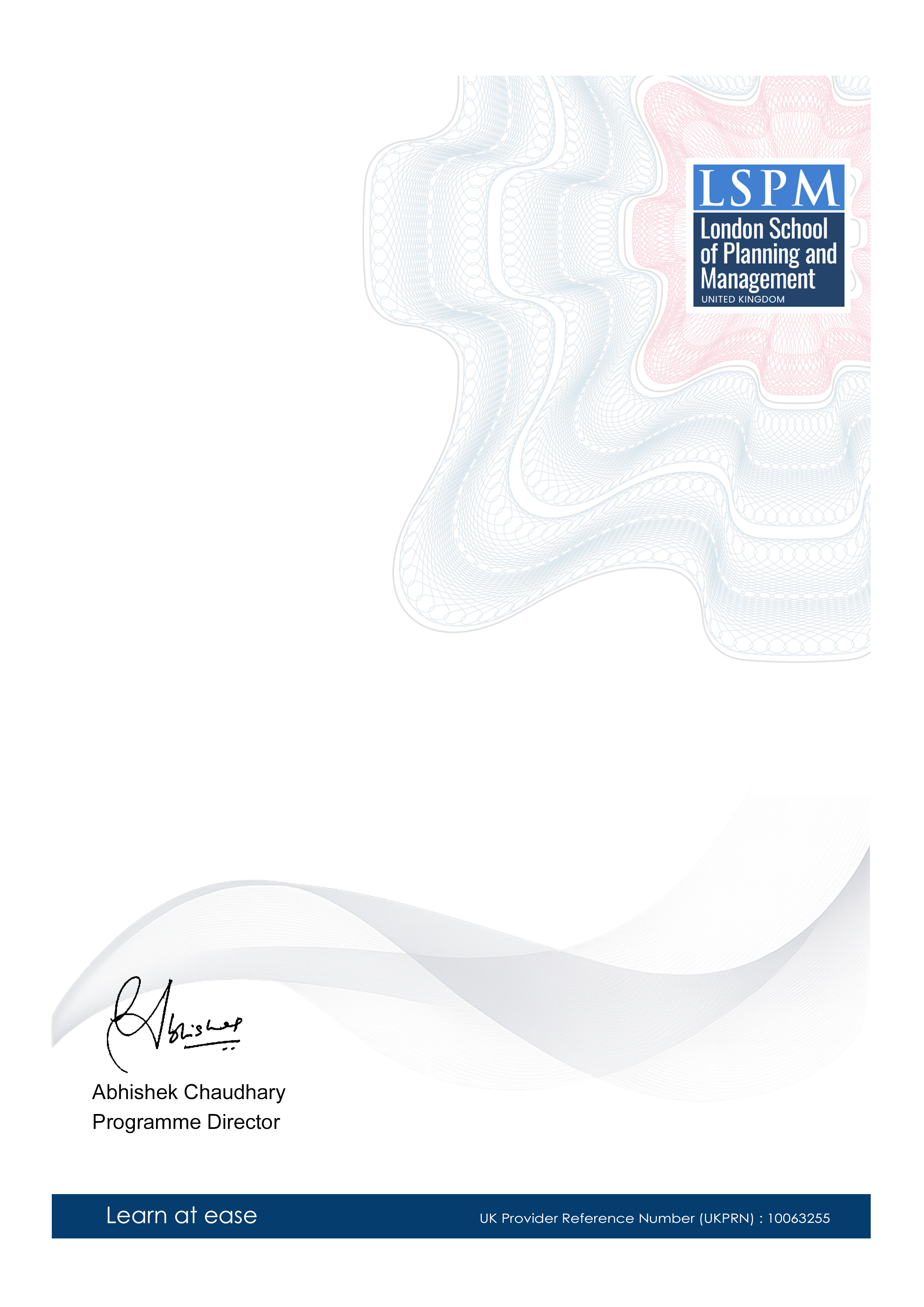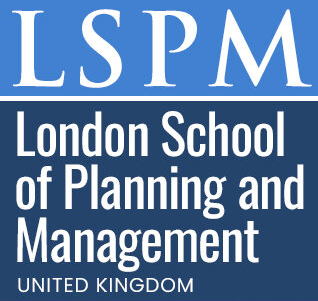Graduate Certificate in Mechanisms of Antimicrobial Resistance
-- viewing nowThe Graduate Certificate in Mechanisms of Antimicrobial Resistance is a comprehensive course designed to address the growing issue of antimicrobial resistance (AMR) in the healthcare industry. This certificate program provides learners with essential skills to understand, prevent, and combat AMR, a critical area of concern for global health.
5,605+
Students enrolled
GBP £ 149
GBP £ 215
Save 44% with our special offer
About this course
100% online
Learn from anywhere
Shareable certificate
Add to your LinkedIn profile
2 months to complete
at 2-3 hours a week
Start anytime
No waiting period
Course details
• Introduction to Antimicrobial Resistance: Defining antimicrobial resistance, mechanisms of resistance, and clinical impact
• Molecular Mechanisms of Antibiotic Resistance: Bacterial efflux pumps, antibiotic target modification, and enzymatic drug inactivation
• Antifungal Resistance: Mechanisms of resistance in fungi, clinical implications, and management strategies
• Antiviral Resistance: Viral resistance mechanisms, including mutations, immune evasion, and drug target alterations
• Antiparasitic Resistance: Parasitic resistance mechanisms and their impact on treatment and control
• Epidemiology of Antimicrobial Resistance: Global burden, transmission dynamics, and risk factors
• Diagnosis and Surveillance of Antimicrobial Resistance: Laboratory methods, antimicrobial susceptibility testing, and monitoring systems
• Antimicrobial Stewardship: Principles, best practices, and role in combating antimicrobial resistance
• Innovation in Antimicrobial Development: Novel drug discovery, alternative therapies, and strategies to address antimicrobial resistance
• Policy and Advocacy in Antimicrobial Resistance: Public health policy, global cooperation, and awareness initiatives
Career path
Entry requirements
- Basic understanding of the subject matter
- Proficiency in English language
- Computer and internet access
- Basic computer skills
- Dedication to complete the course
No prior formal qualifications required. Course designed for accessibility.
Course status
This course provides practical knowledge and skills for professional development. It is:
- Not accredited by a recognized body
- Not regulated by an authorized institution
- Complementary to formal qualifications
You'll receive a certificate of completion upon successfully finishing the course.
Why people choose us for their career
Loading reviews...
Frequently Asked Questions
Course fee
- 3-4 hours per week
- Early certificate delivery
- Open enrollment - start anytime
- 2-3 hours per week
- Regular certificate delivery
- Open enrollment - start anytime
- Full course access
- Digital certificate
- Course materials
Get course information
Earn a career certificate

